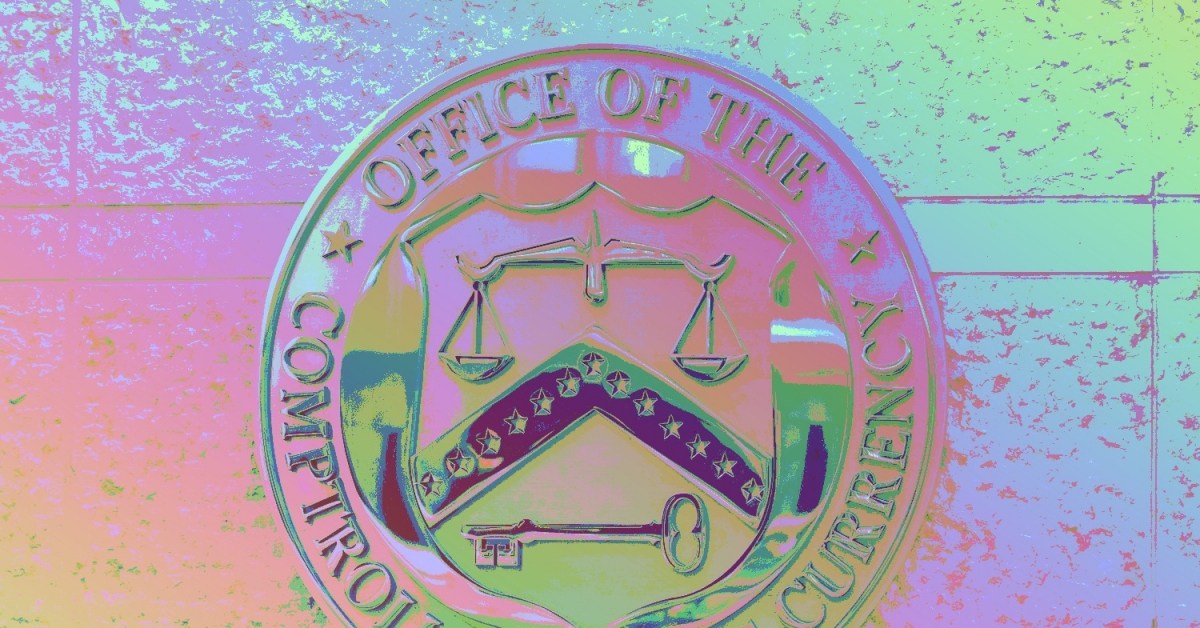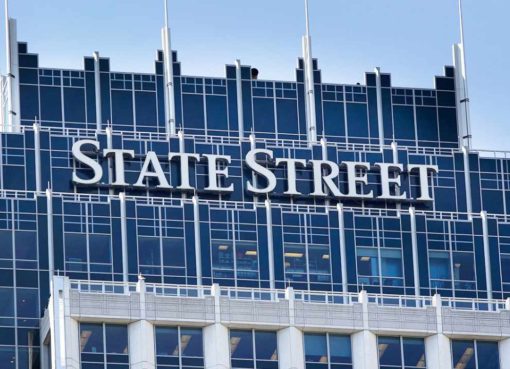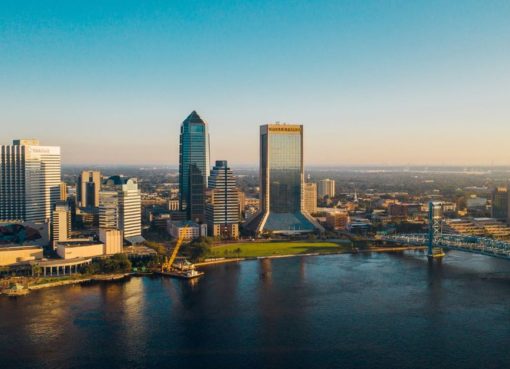Call it the CPR for Operation Choke Point.
The U.S. Office of the Comptroller of the Currency, a national bank regulator led by former Coinbase counsel Brian Books, has proposed a rule that would forbid banks to blacklist legal industries — including, presumably, cryptocurrency firms.
Under the proposed rule, banks could deny financial services to customers only on the basis of “quantitative, risk-based standards established in advance,” and not in response to political pressures.
The proposal, published Friday in the Federal Register, does not mention cryptocurrency. But it will likely come as welcome news to businesses in the space, which have long struggled to obtain, or keep, bank accounts in the U.S. Crypto firms have long relied on a handful of banks—Silvergate Bank, Signature Bank, and Metropolitan Commercial Bank among them—for their basic banking needs.
On the other hand, if banks in the world’s largest economy were forbidden to discriminate against legitimate businesses, then all else equal, it could, in theory, undermine the appeal of permissionless, censorship-resistant payment systems such as Bitcoin.
The OCC proposal specifically mentions Operation Choke Point, an Obama-era Justice Department initiative that was ostensibly meant to shut down only fraudulent businesses and payday lenders by pressuring banks to close their accounts. In practice, there appears to have been widespread collateral damage.
“Government agencies (but not the OCC) were revealed to have pressured banks to cut off access to financial services to disfavored (but not unlawful) sectors of the economy,” according to the OCC’s proposal. These included the firearm and coal industries. Operation Choke Point ended officially in late 2017, but financial intermediaries still receive pressure from politicians and the public to unbank industries or individuals deemed unsavory or problematic.
In its proposal, the regulator gave examples of banks being pressured by political boycotts to stop providing financial services to family planning organizations or shotgun and rifle makers.
“Neither the OCC nor banks are well-equipped to balance risks unrelated to financial exposures and the operations required to deliver financial services,” the regulator wrote. “For example, climate change is a real risk, but so is the risk of foreign wars caused in part by U.S. energy dependence and the risk of blackouts caused by energy shortages … balancing these risks is the purview of Congress and Federal energy and environmental regulators” — in other words, not financial regulators or institutions.
The proposal is open for public comment through Jan. 4.
This week, U.S. President Donald Trump nominated Brooks to be the permanent head of the OCC for a five-year stint. Congress has yet to vote on the nomination, which projected President-Elect Joe Biden may fill if Brooks isn’t nominated by Jan. 20, 2021.




